IPP NAVIGATION TRAINING REPORT INFORMATION EXCHANGE INTERNATIONAL PHYTOSANITARY
3 INTERNATIONAL SAFETY GUIDE FOR INLAND NAVIGATIONDUALUSE LIST CATEGORY 7 – NAVIGATION AND
GO TO CONTENT GO TO THE NAVIGATION
1000 SHAKES NAVIGATION TRIAL SATURDAYSUNDAY 1112 JANUARY 2020 ORGANISED
15 FREEDOM OF NAVIGATION IN A POST 911 WORLD
69941 FINAL SUMMARY REPORT HANJIANG NAVIGATION ELECTRIC PIVOT PROJECT
IPP NAVIGATION TRAINING REPORT
IPP NAVIGATION TRAINING REPORT
Information Exchange - International Phytosanitary Portal Navigation Follow-up Training Course
The Inter-African Phytosanitary Council (IAPSC) and the Nigeria Plant Quarantine Service (NPQS), Ibadan, Nigeria, 21-24 August 2006
Information Exchange for nominated Nigeria Plant Quarantine Plant Import Permit and Phytosanitary Certificate issuing Officers, in the use of the International Phytosanitary Portal to meet their reporting obligations and sourcing for information on the internet.
Date: 21 – 24 August 2006
Venue: Nigeria Plant Quarantine Service (NPQS) Regional Training School,
Moor Plantation, P.M.B. 5672, Ibadan.
Contact details: Please contact Mr. Olusola Wintola - Mobile: 08037192894, 08059615437, E-mail [email protected], [email protected] and Ms. Eniola Alatishe – Mobile: 08054384091, 08059607851 E-mail: [email protected] .
Sponsored
by Inter-African
Phytosanitary Council (IAPSC),
Yaoundé, Cameroon
c/o Dr.
Daniel Koumba-Koumba
([email protected]),
Tel.:
(+237) 22 11969
Fax:
(+237) 22 11967
with the Secretariat of the International Plant Protection Convention (IPPC)
Organized by Nigeria Plant Quarantine Service, Moor Plantation, Ibadan
% Mr. Olusola Wintola - Mobile: 08037192894, 08059615437, E-mail [email protected], [email protected]
1. INTRODUCTION
The Navigation Training Course on Information Exchange for nominated Nigeria Plant Quarantine Service Plant Import Permit and Phytosanitary Certificate Issuing Officers was aimed at improving their reporting obligations to the NPQS by having easy access to phytosanitary information through the use of the IPP in order to enhance the reporting obligation of NPQS to the IPPC secretariat (FAO/TCP/RAF/3013(A)).
The main objective of the training is to:
Acquaint the officers with the use of the IPP to meet their reporting obligations and sourcing for phytosanitary information as any of them may become IPP editor in the future.
Enhance consistent phytosanitary decision making in all the zones under the NPQS.
Facilitate the reports of the issuing officers from the zones to the IPPC official contact point and the nominated IPP editor for the NPPO (NPQS).
1.1 Background
The International Phytosanitary Portal (IPP) Navigation Training Course for Nigeria Plant Quarantine Service officially nominated participants was planned as a follow-up to the Regional IPP Training Workshop held in Accra, Ghana 05-09 December 2005
The IPP Navigation Training Course was approved and sponsored by the Inter-African Phytosanitary Council (IAPSC), Yaoundé, Cameroon and organized by the Nigeria Plant Quarantine Service (NPQS) Moor Plantation, Ibadan with the permission of IAPSC and the support and assistance of the International Plant Protection Convention (IPPC) Secretariat, Rome, Italy.
The Navigation Training Course was intended for nominated officers of the NPQS scheduled to issue Plant Import Permit and Phytosanitary Certificates in all zones and sub-zonal offices of the NPQS. This follow-up training in IPP navigation became imperative in the face of the new improvement made to the IPP.
The IPP is an internet–based information system designed to hold phytosanitary information published in accordance with the convention and decision of the Commission on Phytosanitary Measures (CPM) has recently been upgraded with improved features, speed and reliability to enhance information exchange obligations of the IPPC contracting parties. In addition to the ability to add news, calendar, publications, website, projects, contacts and discussion groups by selected trained IPP editors, the IPP can now specifically accommodates:
Pest reports [Articles IV 2(b) & VIII 1(a) of the IPPC New Revised Text];
Description of the NPPOs [Article IV 4];
Phytosanitary restrictions, requirements and prohibitions [Article VII 2(b)];
Points of entry with specific restrictions [Article VII 2(d)];
List of regulated pests [Article VII 2(i)];
Emergency actions [Article VII 6];
Official contact point details [Article VIII 2];
Non-compliance [Article VII 2(f)];
Organizational arrangements for plant protection [Article IV 4];
Pest status [Article VII 2(j)] and
These improved features added to the IPP had led to the organization of series of regional and sub-regional workshops in 2005.
The purpose of these training-workshops is to explain national phytosanitary information exchange obligations, and to provide basic training to Official contact points (and/or nominated information officers) on how to use the IPP to meet those obligations.
In the closing remark made by the facilitator of the regional workshop in Ghana, the NPPO of each participating countries were urged to organize a national follow-up training course on IPP navigation through their IPPC official contact points or the trained IPP editor for four or five officers responsible for phytosanitary information exchange.
1.2 Objectives and Focus of the Regional Workshop
The objectives of the workshop were:
To further test and introduce navigation and browsing the IPP, available at https://www.ippc.int, which is the official website of the IPPC; and
To train nominated participants in the use of the IPP and how to enter data (as required by the IPPC) into the IPP;
To further test the training material that has been prepared for the forthcoming regional workshops on using the IPP to meet reporting obligations under the IPPC.
A national follow-up training to this regional workshop becomes necessary in order to
Actualize the objectives and focus of the regional training workshops mentioned above, and in addition:
Foster consistent and transparent use of phytosanitary information in phytosanitary decision making among the officers in all zones and sub-zones of NPQS
Enhance the participants phytosanitary reporting obligation to the NPQS
Appreciate the extent at which phytosanitary information can be accessed through the upgraded IPP.
Nevertheless, to evaluate/assess the impact of the regional and sub-regional workshop on the trained editors through their ability to train others.
1.3 Participation
Participants consisted of senior plant protection officers of NPQS responsible for phytosanitary information exchange in their respective stations who already have a background in the management of phytosanitary information.
Fourteen (14) participants, nine nominated by the IPPC official contact point, one (1) a member of the Standard Committee of the IPPC (Mr. G.O. Adejare) and four (4) volunteers Mrs. O. O. Awosusi, Assistant Director Glass House Horticulture, Mr. Ambrose Chineke, Assistant Director Project Monitoring and Evaluation, and Mr. N.O. Aroyewun, Assistant Director Pre-entry Affairs and Mr. F. B. Fajuyigbe Chief Agric. Officer Entomology. The Facilitator, Mr. Wintola Olusola was assisted by Mrs. Bose Adedeji the secretary to the NPQS training officer in providing IT support to the participants (refer to Appendix 1).
1.4 Training Course Program – as in Appendix 2.
2. OPENING SESSION
2.1 Opening Remarks
Mr. P.O. Agboade in his capacity as the Head of NPQS and the Official Contact Point of the IPPC welcomed the participants with a concise introduction of the program. He also used the opportunity to thank the IPPC and the IAPSC for their encouragement and sponsorship in organizing the follow-up training course
He urged the participants to be attentive and comport themselves in dignified manner during the duration of the course and contribute actively toward a successful and fruitful training.
3. TRAINING COURSE PRESENTATIONS
Several papers were presented during the training course using the handouts from the regional workshop presentation on IPP (on-line), alongside some modified and new ones.
Presentation of the Training Course program (modified)
Training Course objectives and expected outputs (modified)
Introduction to information exchange under the IPPC
Zonal and sub-zonal presentation on information exchange process between their operational areas, zonal offices and NPQS headquarters. (discussion form)
Responsibilities of the NPPO and Plant Import Permit and Phytosanitary Certificate issuing Officers ISPM 7 (new)
NPPO information exchange obligations
Role of IPPC official contact points
Role and Relationship of Scientific and Official Information
Introduction to the ‘SPS Notification System’
Introduction to the use of internet and e-mail (new)
Introduction to the IPP (online)
Details of all papers and presentations could be found in the handout-binders that were prepared for all participants [Appendix 3, list of documents].
4. IPP PRACTICAL SESSIONS
A course in internet and e-mail was taken when it was discovered that most of the participants lack knowledge in internet browsing. All but three of the participants used the opportunity to open an e-mail address.
A demonstration on the use of the IPP was conducted by the facilitator, and the portal was extensively exploited by the participants following a given ‘navigation exercise.
4.1 Objective
The purpose of the internet and e-mail course was to introduce most of the participants to the use of electronic communication and the advantages in it. The Practical session was mainly to train participants in the use of the IPP, and to appreciate the extent at which information can be retrieved or data entered into the IPP.
4.2 Navigation/browsing
Exercises:
The browsing exercise was judge by all to be the most interesting and adequate for the fact that it was based on real examples. The introduction of a ‘quiz’-type exercise, enhances trainees’ familiarity with browsing the IPP. Whenever there is any difficulty encountered in answering any questions in the exercise the step by step approach to appropriate answers were given by the facilitator.
However, the duration of time given to the exercise was seriously criticized by the participants as most of them were experiencing internet browsing for the first time.
It was suggested that more time is needed for browsing exercise in order to develop better capacity to manage information on the IPP.
4.3 Data entry
The performance of the portal proved satisfactory as the participants browsed simultaneously without any hitch. The organizational chart of the Nigeria Plant Quarantine Service was used by the facilitator to practice and explain data entry into the IPP to the participants (see up-date on the IPP).
Participants were assigned practical work and each participant enthusiastically engaged themselves in serious navigation of the IPP.
The participants were reminded of the sensitivity of the data entry and the need for verification of information which is going to be placed in the IPP from their superiors (the IPPC official contact point).
5.0 TRAINING COURSE DISCUSSION
Considering the many entry points and the distance between the zonal offices and the NPQS headquarters, the participants asked if it would be possible for the IPPC secretariat to appoint more than one editor or information officer for Nigeria or any other country with similar problem.
The facilitator in his response shed light on the implication of duplicate entries and why it should be avoided. He however encouraged sending of vital phytosanitary information by any of the participants to the IPPC official contact point or the IPP editor who after verification may post it on the portal.
The ways and manner of information dissemination from the zones to the NPQS headquarters was judge to be crude, costly, and untimely, and out of version as none of the participants ever engaged themselves in the use of any other form of electronic communication apart from telephone and mobile phone.
The facilitator called the attention of the participants to the huge amount of money been spent on phone and the risk involved in bringing a report to the headquarters in person. The benefit and reliability of electronic communication as opposed to the paper-based system was discussed, and the need for the participants to cultivate the habit of sending their reports through e-mail was stressed.
The participants agreed that with the IPP in place and access to information becoming easy, they will ensure that reports are sent through e-mail to NPQS headquarters. They however use the opportunity to remind the NPQS management to extend internet connection to the sub-zonal offices as they did to all Zonal offices to facilitate quick report of the sub-zones to the zonal offices that will in turn collate and send final zonal reports to the NPQS headquarters.
The issue on possibility of using the IPP by any nation as their website was also discussed. The participants were made to understand that it is quite possible to use the IPP as an NPPO website if the NPPO has no official website already. All phytosanitary activities of such NPPO can be posted on the web for people to see as there is no restriction to access in these areas. Nevertheless, NPQS has a website at www.nplantquarantine.org which the facilitator wants the participants to note.
6.0 USE OF CD ROM
The facilitator demonstrated how to open and access information from the CD ROM provided to each participant. He explained the extent at which information could be accessed on the ROM and why it is necessary to get themselves familiarized with browsing using the CD ROM on their PC, as it would enhance their speed and enable them to know the location of the information needed should in case, they have to browse for information in commercial browsing centers pending when their stations would be internet connected.
7.0 CERTIFICATE PRESENTATION
Certificate of participation was presented to each of the participants during the closing ceremony. This was deemed fit in order to encourage and give recognition to the participants for active participation and fruitful contributions towards the improvement of the NPQS and the IPP (see an example in appendix 5)
8.0 CONCLUSION AND ACKNOWLEDGEMENT
The training course program was carried out in line with the scheduled program, and overall objectives and expected output were achieved. The participants benefited tremendously from the training, and were ready to contribute to the reporting obligation through adequate and timely information dissemination to both the IPPC contact point and the IPP editor upon return to their zones and sub-zones.
The strength and weaknesses of the training course as noted by the participants and the recommendation made by the participants were as contained in appendix 4.
The facilitator thanked the participants for their maturity, enthusiasm and persistence, and reminded them to always keep in touch with the IPPC contact point and the IPP editor when there is any information of phytosanitary importance as this is the only means by which Nigeria could continue to maintain an up-date on their NPPO website within the IPP.
He also urged the participants to try as much as possible to encourage their colleagues in the use of electronic communication system and constant visit to unrestricted IPP sites to learn of recent occurrences and events. Everyone has certainly learnt useful skills through the training.
He also thanked the NPQS management for the support and resources made available for the running of the training course, the sponsor and contributors were also highly appreciated.
Appendix 1
Nominated Participants
Mr. Stephen Onakpoma
Coordinating Officer,
Edo/Delta Sector,
Nigeria Plant Quarantine Service,
P.M.B. 4069,
Sapele
Delta State.
Nigeria..
GSM: 08037270230
E-mail Address: [email protected]
Mr. Obiri, Ambrosi Okey,
Coordinating Officer,
Nigeria Plant Quarantine Service,
P.M.B. 1105, Calabar.
Cross River State.
Nigeria
GSM: 08024188105
E-mail Address: [email protected]
Magashi, Sanusi Kawu
Nigeria Plant Quarantine Service,
North East Zone,
Maiduguri, P.M.B. 1061,
Borno State.
GSM: 08028726999.
E-mail Address: [email protected]
Ms Agnes Alami Akagu,
Nigeria Plant Quarantine Service,
Tin-Can Island, Lagos.
GSM: 08033072756.
E-mail Address: [email protected]
Mrs. Stella Nonyem Oraka,
Zonal Officer,
South East Zone,
Nigeria Plant Quarantine Service,
5th Floor, M/507,
Federal Secretariat,
P.M.B 10434, Port Harcourt.
GSM: 08033323526.
E-mail: [email protected]
Ms. Alatishe Eniola E.,
Nigeria Plant Quarantine Service,
Moor Plantation,
P.M.B. 5672,
Ibadan – Nigeria.
GSM: 08054384091.
E-mail Address: [email protected].
Mrs. Elizabeth Seton,
Nigeria Plant Quarantine Service,
Fed. Min. of Agric. & Rural Dev.,
Federal Department of Agriculture,
Nnamdi Azikwe International Airport,
Abuja.
GSM: 08036240966.
E-mail Address: [email protected].
Ikani Sunday,
Nigeria Plant Quarantine Service,
North West Zone,
P.M.B 3048,
Kano – Nigeria.
GSM: 08037878857.
E-mail Address:
Mr. J. A. Oluitan,
Nigeria Plant Quarantine Service,
P.M.B. 12026,
Marina – Lagos.
Tel Phone: 01 – 8189392
GSM: 08033084082
E-mails Address: [email protected]
Mr. G. O. Adejare,
Nigeria Plant Quarantine Service,
Assistant Director Technical and Diagnostics
P.M.B. 5672,
Ibadan – Nigeria.
GSM: 08033513412
E-mail Address: ladejare [email protected]
VOLUNTEER PARTICIPANTS
Mrs. Olufunke Awosusi, (Asst. Director)
Nigeria Plant Quarantine Service,
Glasshouse Horticulture
Post-Entry Quarantine Station,
P.M.B. 5672,
Ibadan – Nigeria.
GSM: 08059608494
E-mail Address: [email protected].
Mr. Ambrose Chineke (Asst. Director),
Nigeria Plant Quarantine Service,
Monitoring Evaluation and Pest Diagnostic
Moor Plantation,
P.M.B 5672,
Ibadan.
GSM: 08038064378.
E-mail Address: [email protected]
Mr. N.O.Aroyewun (Asst. Director)
Nigeria Plant Quarantine Service,
In Charge Pre-Entry Quarantine
Moor Plantation,
P.M.B 5672,
Ibadan
GSM: 08037327983
E-mail: [email protected]
Mr. Festus B. Fajuyigbe (Chief Agric. Officer)
Nigeria Plant Quarantine Service,
In charge Entomological Section
Post-Entry Quarantine Station,
P.M.B. 5672,
Ibadan – Nigeria.
GSM: 08033967366
E-mail:
Mr Kayode Ezekiel Ogunsola (Agric. Officer)
Nigeria Plant Quarantine Service
Diagnostics / Biotechnology Lab
Post-entry Quarantine Station
Ibadan – Nigeria
GSM: 08033950697
E-mail Address: [email protected]
IT SUPPORT
Mrs. Bosede Adedeji
Secretary to Training Officer
Nigeria Plant Quarantine Service
P.M.B. 5672
Ibadan – Nigeria
GSM: 08056121154
E-mail: [email protected]
SECRETARIAT MEMBERS
Mr. Tunde Alao
Seed Health Testing Laboratory
Nigeria Plant Quarantine Service
P.M.B. 5672
Ibadan – Nigeria
GSM: 08055459055
E-mail: [email protected]
Mrs. Juliana Akinleye
Seed Health Testing Laboratory
Nigeria Plant Quarantine Service
P.M.B. 5672
Ibadan – Nigeria
GSM: 08038302523
E-mail: [email protected]
FACILITATOR
Mr. Wintola Olusola (Senior Agric. Officer)
In Charge Seed Health Testing and
Import Certification
Nigeria Plant Quarantine Service
P.M.B. 5672
Ibadan – Nigeria
GSM: 08037192894, 08059615437
E-mail: [email protected]
|
APPENDIX 2 |
|
|
|
||||
|
Date |
Time |
Activity |
Responsibility and |
||||
|
1st day |
|
|
Documents needed |
||||
|
Session I: Opening |
|
|
|
||||
|
Host institution - Nigeria Plant Quarantine Service (NPQS) |
|
||||||
|
|
09:30-10:30 |
Registration |
all participants |
||||
|
|
10:30-10:45 |
Opening: Host institution |
P.O. Agboade (Head NPQS and OCP for IPPC) |
||||
|
|
10:45-10:55 |
Opening: NPQS/IAPSC |
Reps. of FAO Or Mrs. Onwuaduegbo |
||||
|
|
10:55-11:00 |
Organizational announcements |
Mr. Wintola Olusola |
||||
|
|
|
General photograph |
|
||||
|
|
Tea/Coffee |
|
|
||||
|
Session II: Introduction to Training Program ,Course Objectives and Information Exchange under the IPPC |
|
||||||
|
Host institution |
|
|
|
||||
|
|
11:15-11:45 11:45-12:00 |
Introduction of Participants (incl. brief summary of their duties ) Presentation of the Training program – Adoption of Agenda |
all participants (max. 3 minutes/person) WO: WS Agenda, (Handout no.1 = HO 1) |
||||
|
|
12:00-12:30 |
Course Objectives and expected Outputs (NPQS) |
WO (PowerPoint) |
||||
|
|
12:30-13:30 |
Introduction to information exchange under the IPPC
|
WO: IPPC Flowcharts (PowerPoint)), |
||||
|
|
Lunch |
|
|
||||
|
Session III: Reports From Zones and Sub-zones on Information Exchange processes within the NPQS |
|
||||||
|
|
|
|
|
||||
|
|
14:30-17:00 Break 15:50-16:10 |
Zonal and Sub-zonal Presentations on Information Exchange Processes between their operational areas, zonal offices and NPQS headquarters. -> Inc. all Methods adopted for Information Dissemination |
All workshop participants: max. 15 minutes presentation per Zone and sub-zones (e.g. PowerPoints);Open discussion
|
||||
|
2nd day |
|
|
|
||||
|
Session IV: Role of Issuing Officers and Reporting Obligations under the IPPC |
|
||||||
|
|
|
|
|
||||
|
|
09:00-10:00
10:00-10:30
|
Role of NPQS Plant Import Permit & Phytosanitary Certificates Issuing Officers Role of IPPC official contact points ( IPPC Secretariat ) & NPPO information exchange obligations (IPPC Secretariat & RPPO), -> Using the IPP to meet Reporting Obligations Official versus Scientific information |
W O: PowerPoint *** WO: IPPC-Strategic Direction 2 (HO2 & 3) PowerPoint (HO 5/1) W O: PowerPoint (HO 5/2 & HO 8); List of NPPOs and RPPOs (HO 9) |
||||
|
|
Break |
|
|
||||
|
|
10:45-11:15 11:15-11:45 11:50-12:20 12:20-13:00 |
How does the SPS-notification system fit into this...? Introduction to internet and e-mail (Optional-only if the need arise) Introduction to- and demonstration of the IPP Background information on the IPP |
W O: PowerPoint (HO 5/3) W O: PowerPoint SPS Agreement (HO 5/4) W O |
||||
|
Session V: Introduction to the IPP |
|
|
|||||
|
|
|
|
|
||||
|
|
13:00-13:30
|
Purpose of the IPP Layout of the IPP Retrieving information Data entry |
W O IPP User Guide (HO 6); ISPMs " " Data Entry forms-Templates (HO 7) |
||||
|
|
Lunch |
|
|
||||
|
|
|
|
|
||||
|
Session VI: Practical Sessions ( I ) |
|
|
|||||
|
|
14:30-17:00 |
IPP Navigation & Practical exercises |
W O: online, IPP User Guide (HO 6) |
||||
|
|
Break. 15:50-16:10 |
i. NPPO contact points |
CD-ROMs |
||||
|
|
|
ii. NPPO information |
NPPO lists |
||||
|
|
|
iii. Standards |
ISPMs |
||||
|
|
|
iv. News |
online, IPP User Guide |
||||
|
|
|
v. Events |
online, IPP User Guide |
||||
|
|
|
vi. RPPO information |
RPPO lists |
||||
|
|
|
vii. Meeting papers/reports |
online, IPP User Guide |
||||
|
|
|
viii. Search |
online, IPP User Guide |
||||
|
|
|
ix. Advanced search |
online |
||||
|
|
|
Demonstration on how to find answers to given Navigation exercises... |
Questions to practical Navigation exercises |
||||
|
Conclusion: reflection on key learning points from Day 2 |
|
||||||
|
3rd day |
|
|
|
||||
|
Session VII: Practical Sessions ( II ) |
|
|
|||||
|
|
09:00-09:30 |
Summary on retrieving information - Questions-answers - discussion |
|
||||
|
|
09:30-10:30 |
Data entry – Preparation of information for entry into the IPP using templates |
W O |
||||
|
|
10:30-10:45 Break |
|
|
||||
|
|
10:45-13:30 |
Data entry |
Data Entry forms/ |
||||
|
|
|
Reporting Obligations (for NPPOs): |
Templates (HO 7) |
||||
|
|
|
1. Pest reports (Articles IV 2(b) & VIII 1(a)); |
New revised Text (NRT: HO 2) |
||||
|
|
|
2. Description of the NPPOs (Article IV 4); |
IPP User Guide (Help manual: HO 6) |
||||
|
|
|
3. Phytosanitary restrictions, requirements and prohibitions (Article VII 2(b)); |
|
||||
|
|
|
4. Points of entry with specific restrictions (Article VII 2(d)); |
|
||||
|
|
|
5. List of regulated pest (Article VII 2(i)); |
|
||||
|
|
|
6. Emergency actions (Article VII 6); |
|
||||
|
|
|
7. Official contact points (Article VIII 2) |
|
||||
|
|
13:30-14:30 Lunch |
|
|
||||
|
|
14:30-15:50 |
Data entry and navigation - Questions-answers – discussion
|
|
||||
|
|
15:50-16:10 Break |
|
|
||||
|
|
16:10-17:30 |
Presentations of data to be added into the IPP by the participants (subject to verification from the OCP). |
|
||||
|
Conclusion: reflection on key learning points from Day 3 |
|
||||||
|
|
|
|
||||
|
Session X: Closing |
|
|
|
||||
|
Chair: Host institution |
|
|
|
||||
|
|
09:00-09:30 |
Workshop evaluation |
Workshop Evaluation form (HO 10) |
||||
|
|
09:30-12.00 |
Adoption of the report Presentation of Certificate to Participants and Closing remarks |
Mr. P. O. Agboade |
||||
|
|
|
|
|
||||
|
|
|
|
|
||||
|
|
|
|
|
||||
|
|
|
|
|
||||
Appendix 3
List of documents for the IPP Navigation Training Course
Ibadan, Nigeria, 21 – 24 August 2006
Handout/ Topic No. of copies required for TC
File-Number
1 Training course Agenda 14
IPP CD-ROMs 20
relevant ISPMs (no. 8, 13, 17, 19, 21) online
2 Report on Strategic Direction 2: Information Exchange 14
3 Flow charts on IPPC Information exchange (5) 14 sets
4 PowerPoint presentations (5): 14 sets
Training Course objectives and expected outputs
Introduction to information exchange under the IPPC (PowerPoint)
NPPO information exchange obligations
Role of IPPC official contact points (PowerPoint)
Presentation on official versus scientific information (PowerPoint)
Zonal and Sub-zonal Presentations on Information Exchange Processes between their operational areas, zonal offices and NPQS headquarters.
Introduction to internet, e-mail and benefits of using electronic communications.
Introduction to the IPP (online)
5 IPP User Guide (= Help manual: part I & II) online + 14
6 Templates = Data entry forms (9) 14sets
7 Roles of NPQS Plant Import Permit & Phytosanitary Certificates
Issuing Officers 14
8 Roles and functions of Contact Points 14
List of NPPO contact points online
9 Training Course Evaluation form 14
10 Writing materials and folders 15
The organizer provided the under listed equipment for the IPP navigation Training Course
A minimum of 1 PC per nominated participant, 2 PCs were shared by volunteered participants, plus one for the facilitator – with Win 98 or higher, and appropriate drive to read CD-ROMs
Internet access for each PC (Internet connection allow to do all PowerPoint presentations online) - need to be able to read https links over the LAN
Software requirements:
Different types of documents, mainly word, PowerPoint, pdf and html, jpg/tiff/gif were used during the training course – hence, all PCs have Microsoft Office and all but two have Acrobat Reader installed (since Acrobat reader is essential to read most files on the IPP).
Projector for PowerPoints and live demos – projection and scanner (slim 600) facilities were linked to facilitator’s PC
White board
1 printer
( 1 scanner (to make official documents in hard copy available electronically) )
1 photocopier
See attached training course pictures.
Appendix 4: Training Course Evaluation – RESULTS
Please enter a rating of 1 – 5, (5 for highest rating) for each of the boxes provided:
Agenda topics and Training Course Program
1.1 How relevant were the following presentations to the IPP?
|
Topic |
Rating |
|
Presentation of the workshop program |
4.64 |
|
Workshop objectives and expected outputs |
4.73 |
|
Introduction to information exchange under the IPPC |
4.55 |
|
Official vs. optional provision of information |
4.28 |
|
SPS agreement |
4.55 |
|
NPPO information exchange obligations |
4.55 |
|
Role of IPPC official contact points |
4.10 |
|
Zonal and sub-zonal presentations on Information Exchange Processes between their operational areas, zonal offices and NPQS HQs. |
4,10 |
|
Introduction to the IPP |
4.73 |
1.2 Please list other Training Course topics that should be included in the facilitators’ presentations:
|
No. |
Suggested topics |
|
|
Reporting obligations other than ISPMs Corrective measures in reports submission National government in the implementation of SPS Agreement Role of coordinating officers in reporting using IPP Implications of IPP information on trade Cooperation of custom and other security agents with NPPOs for effective implementation of SPS agreement Real life application of ISPMs Dispute in application of ISPMs Conflict resolution in International Trade Role of IAPSC Responsibilities of NPPO members Assistance for capacity building Information gathering and its application to local situation |
|
|
|
Rating |
|
1.3 |
Did you find the handouts useful? |
5.0 |
|
1.4 |
Suggestions, additional comments in relation to agenda topics: Data Management on the IPP Longer sessions needed More practical handouts
|
|
Practical Sessions
|
|
|
Rating |
|
2.1 |
Was the duration of the practical sessions sufficient? |
3.73 |
|
2.2 |
Suggest a suitable practical sessions duration:
_____4____ days
|
|
|
2.3 |
Was the equipment provided sufficient? |
4.2 |
|
2.4 |
Was the venue of the workshop suitable? |
4.55 |
|
2.5 |
Were the facilities provided satisfactory? |
4.10 |
|
2.6 |
After this workshop, how confident do you feel in your capacity to manage the NPPO information in the IPP? |
4.37 |
|
General comments on the practical sessions:
Very interesting and highly educative The facilities and resource person are adequate More time is needed for the practical session to develop better capacity to manage information on the IPP More than one facilitator should be used for this type of training to reduce stress Most interesting and educative aspect of the training The NPQS management should try to incorporate IPP browsing into the regular training programs of NPQS as lack of knowledge in browsing limits the contribution to IPP improvement .The practical session allowed for a better understanding of the facilitators explanations The organizers should ensure that the assistant to the facilitator is as knowledgeable as the facilitator in the topics to be discussed in the future. Participants are to be allowed extra working period after the closing of the days work for better familiarization with the IPP There is need to add pop-up window for subtopics on the IPP NPQS stations are to be better equipped to enhance adequate use of the IPP. |
||
Problems/ limitations of the Training Course
Please list the problems and limitations you encountered during the workshop:
|
No. |
Problems/ limitations |
|
|
Most of the computers are of low Pentiums and are very slow in booting Money paid to the participants are too small The lack of knowledge in computer operation by most participants slowed down the learning process. The facilitator was always been drawn back by the participants in need of more explanation Insufficient training facilities for volunteered trainees |
Please list the strengths and weaknesses of the workshop:
|
strengths |
weaknesses |
|
Adequate personnel Resource person was quite efficient and performed creditably well Practical session enable participants understand the need to browse the IPP The training was made easy through the use of well prepared handouts The closeness of the lodging place to the classroom encourage the participants to stay longer for more practice Tremendous skill in browsing and IPP navigation was learned within few days The facilitator was highly accommodating, of low temperament and encouraging. Good interaction among participants and the facilitator The time allotted to the program was well managed. The certificate of participation and provision of CD ROM to participants is encouraging
|
The accommodation provided was not good enough for a training of international standard The time allotted to each program was too small for someone to have a deep knowledge of data entry into and retrieval from the IPP. The course allowance paid was too small and hardly enough for sustenance. Invited participants are suppose to be those that are computer literate The training was too busy and gives little or no room for social activities. Inadequate power supply/ power interruptions hindered the progress of the training.
|
Internal arrangements
Please comment on the following:
|
|
|
Rating |
|
4.1 |
Accommodations |
2.78 |
|
4.2 |
Meals |
|
|
4.3 |
Social events |
2.40 |
|
|
|
|
|
General comments on the internal arrangements:
It was commendable Provision should be made for better accommodation for courses of this nature Participants should be provided with enough fund for comfortable accommodation and feeding
|
||
Appendix 5
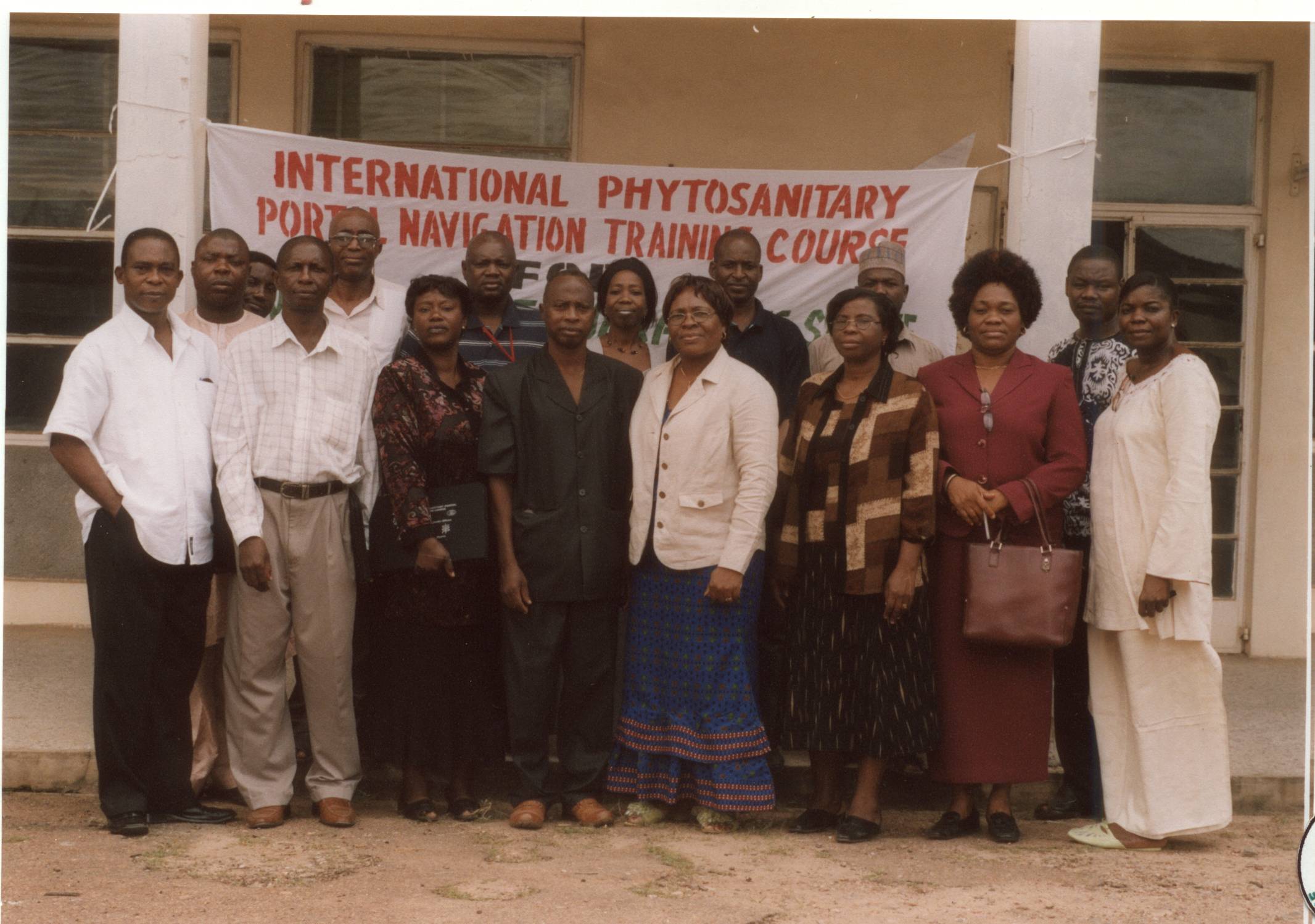
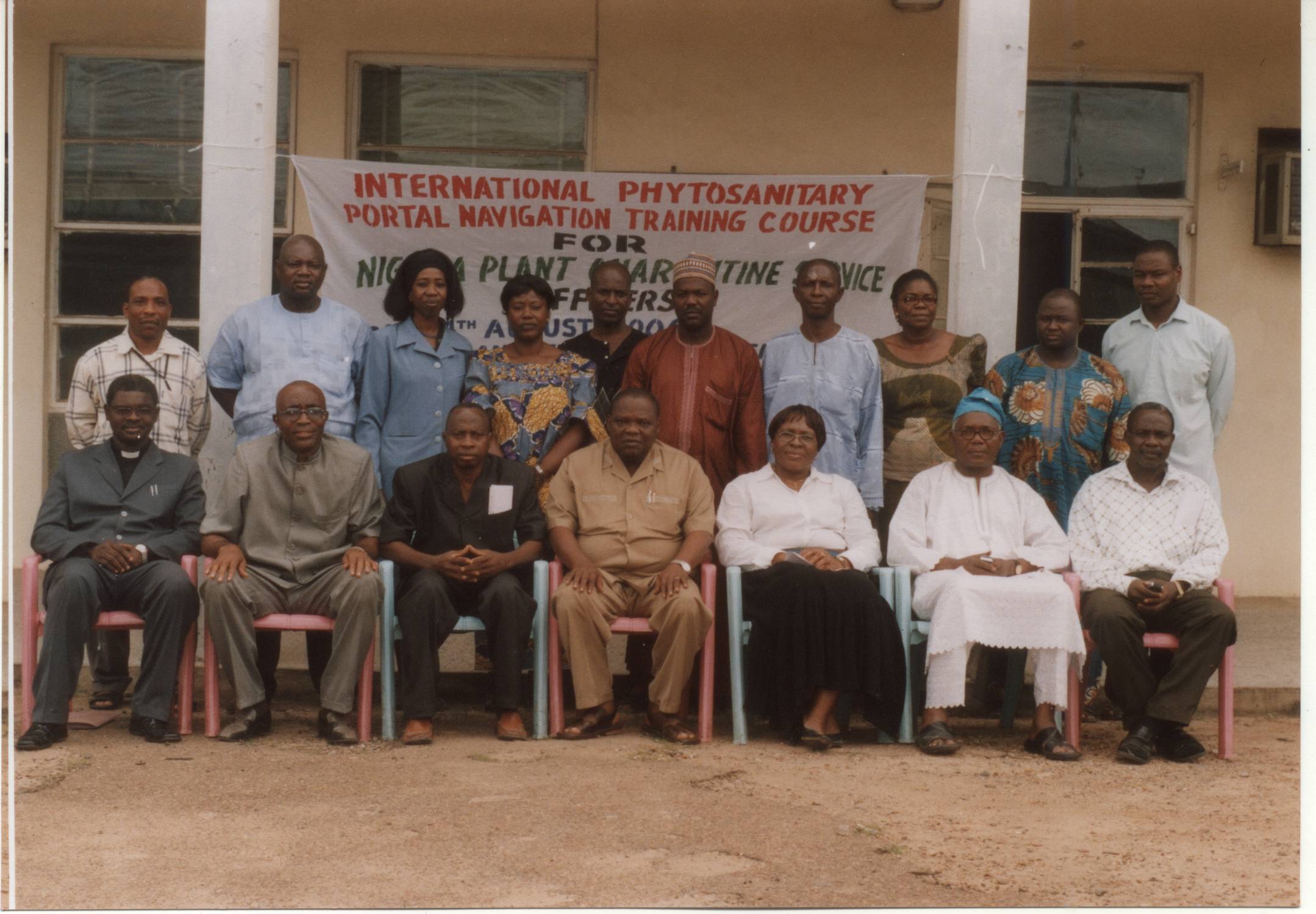
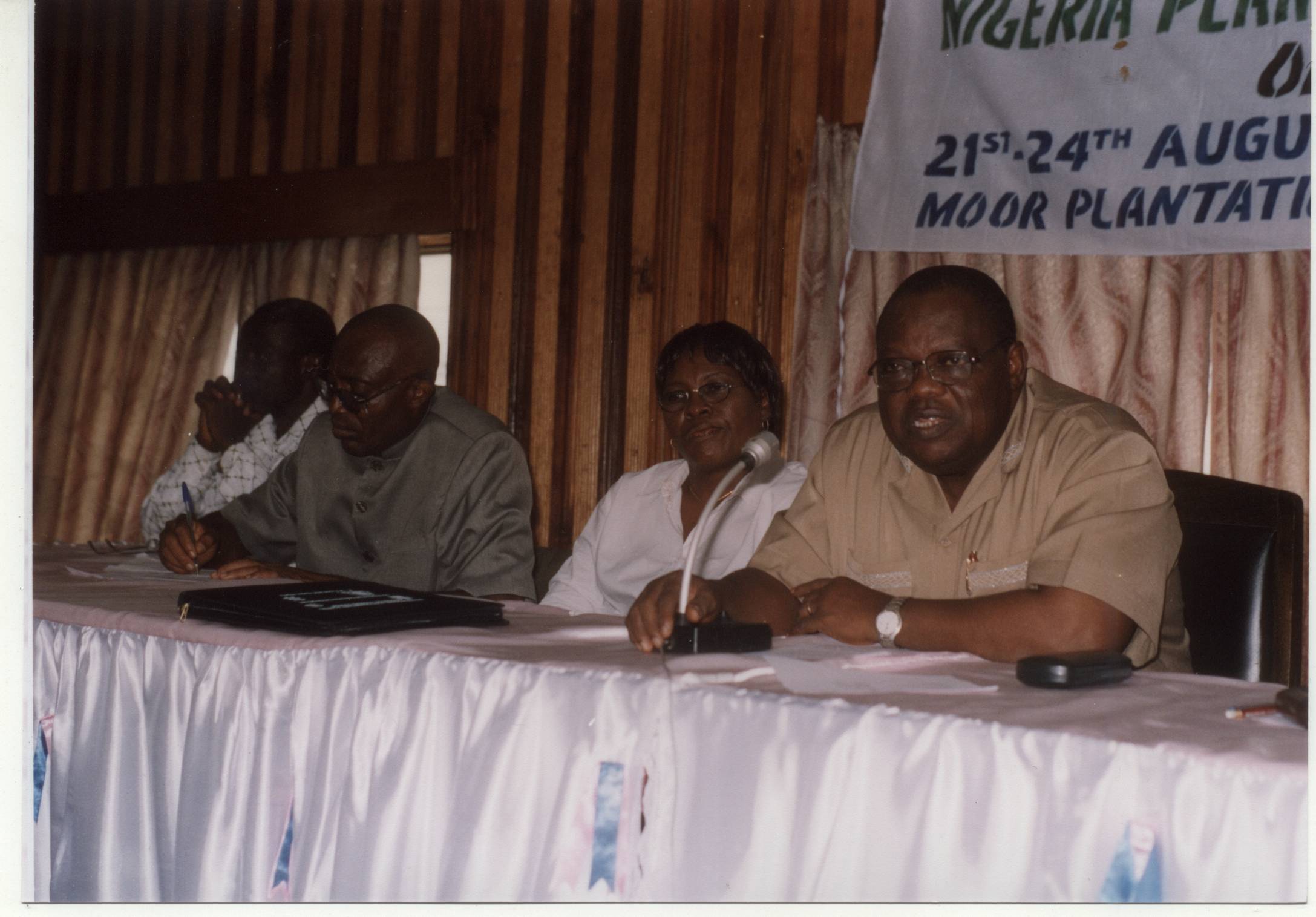
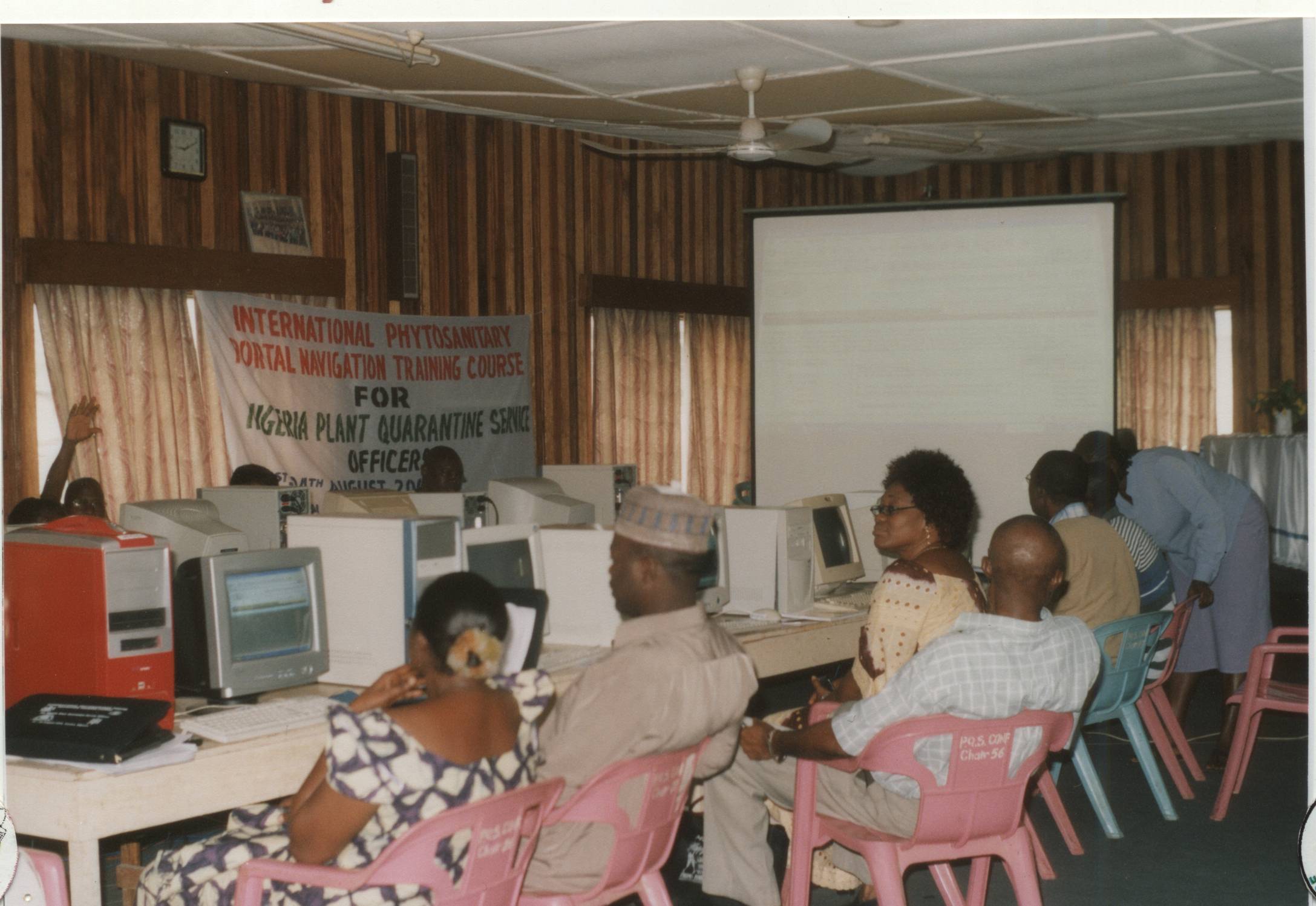
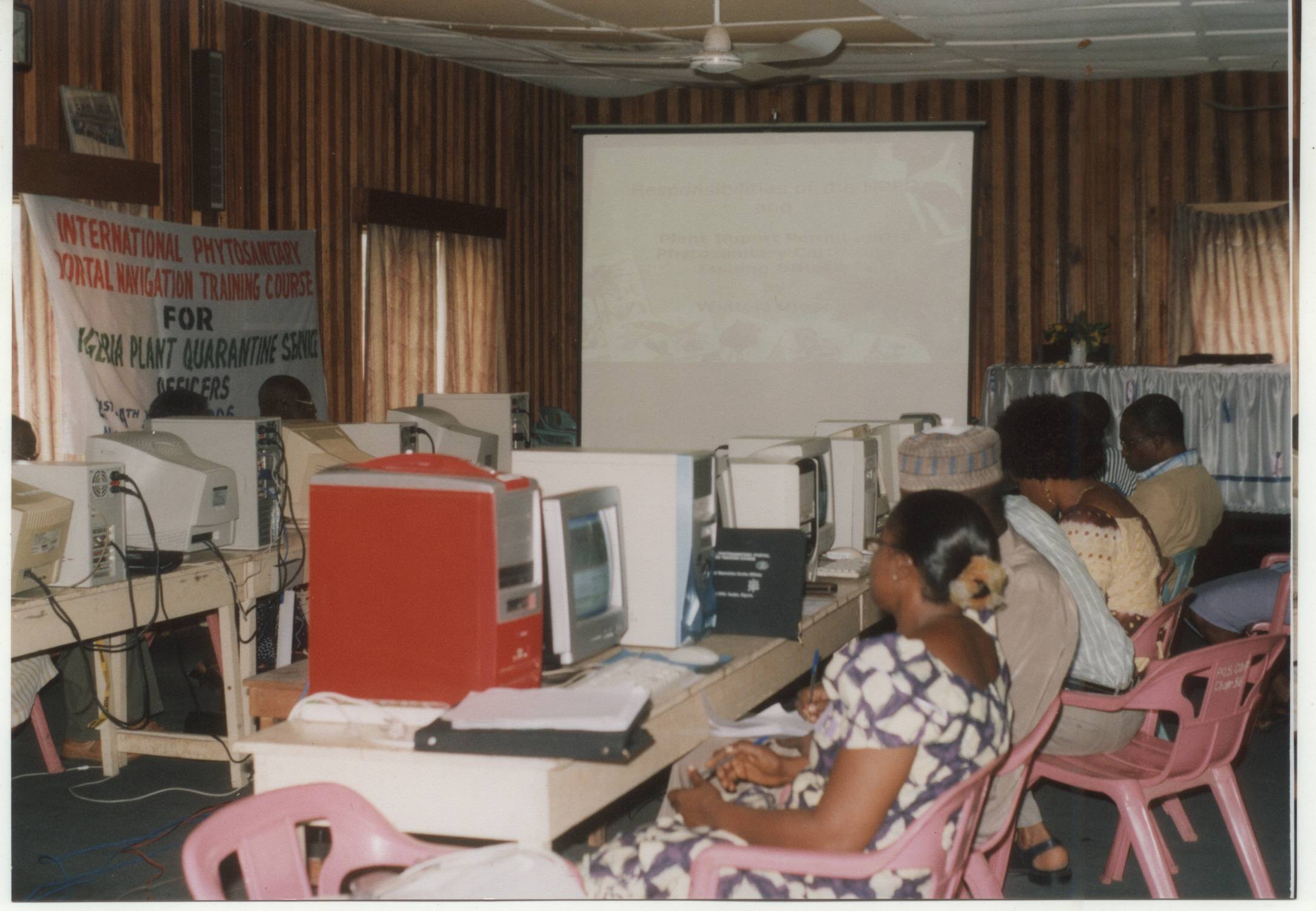
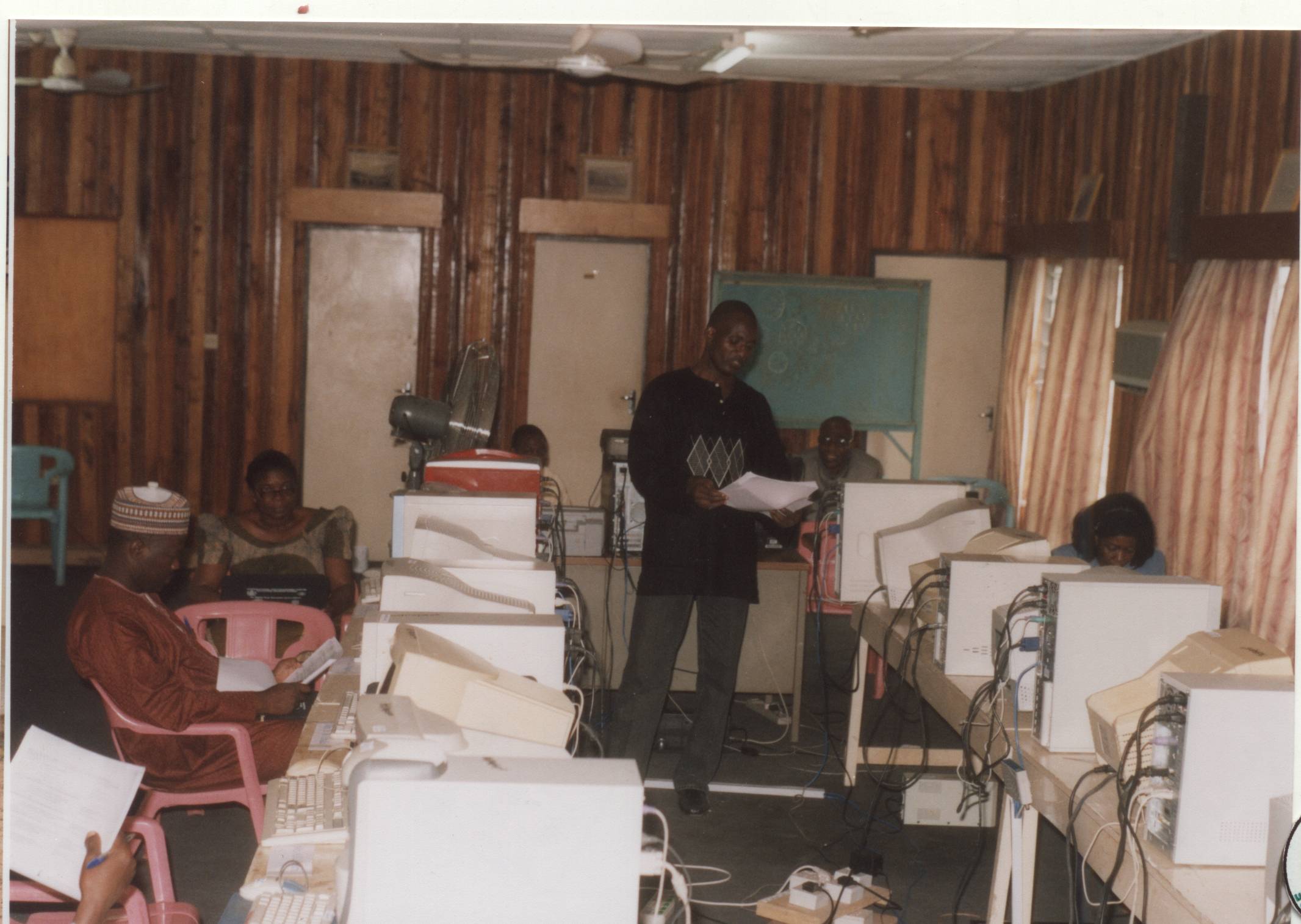
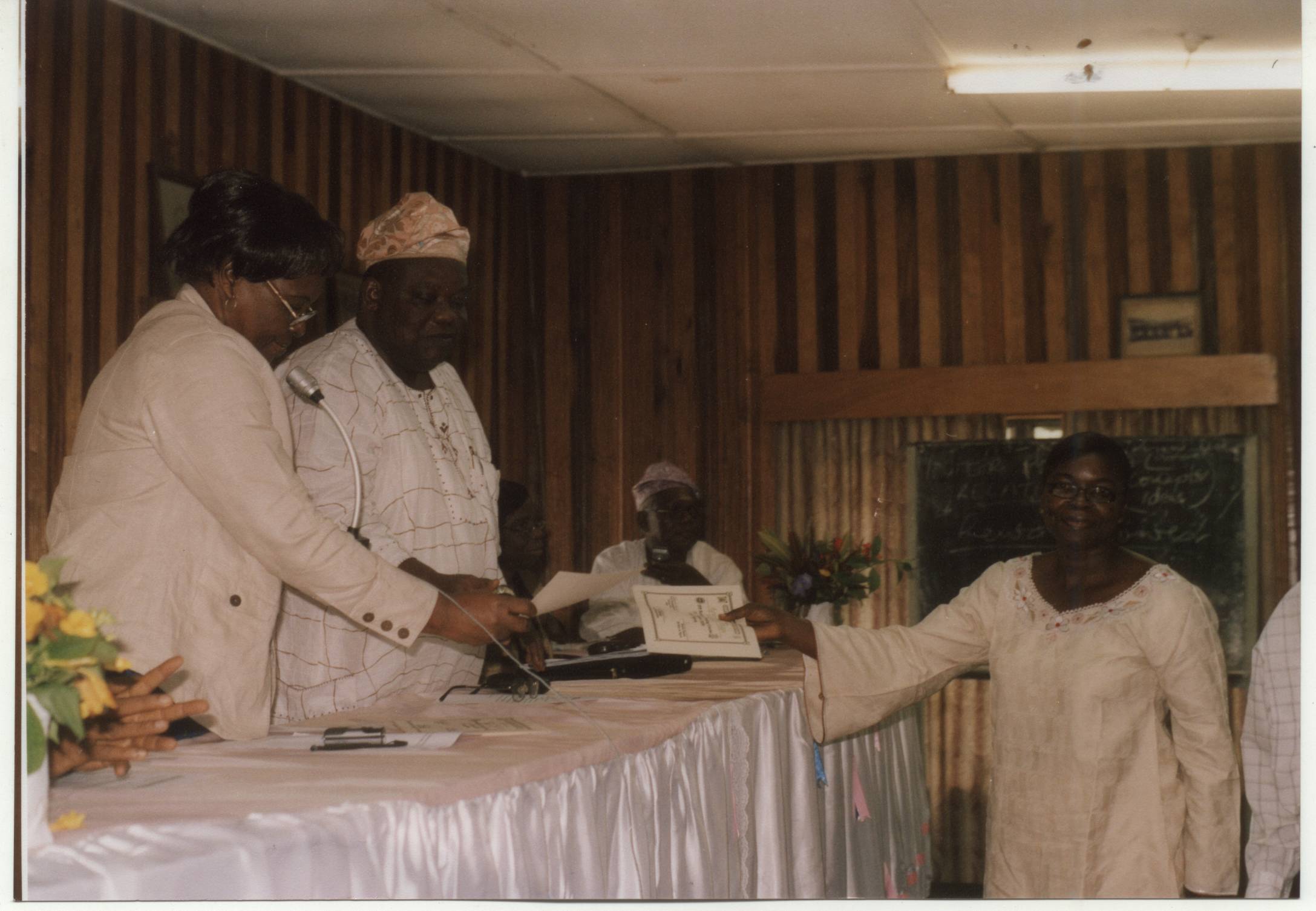
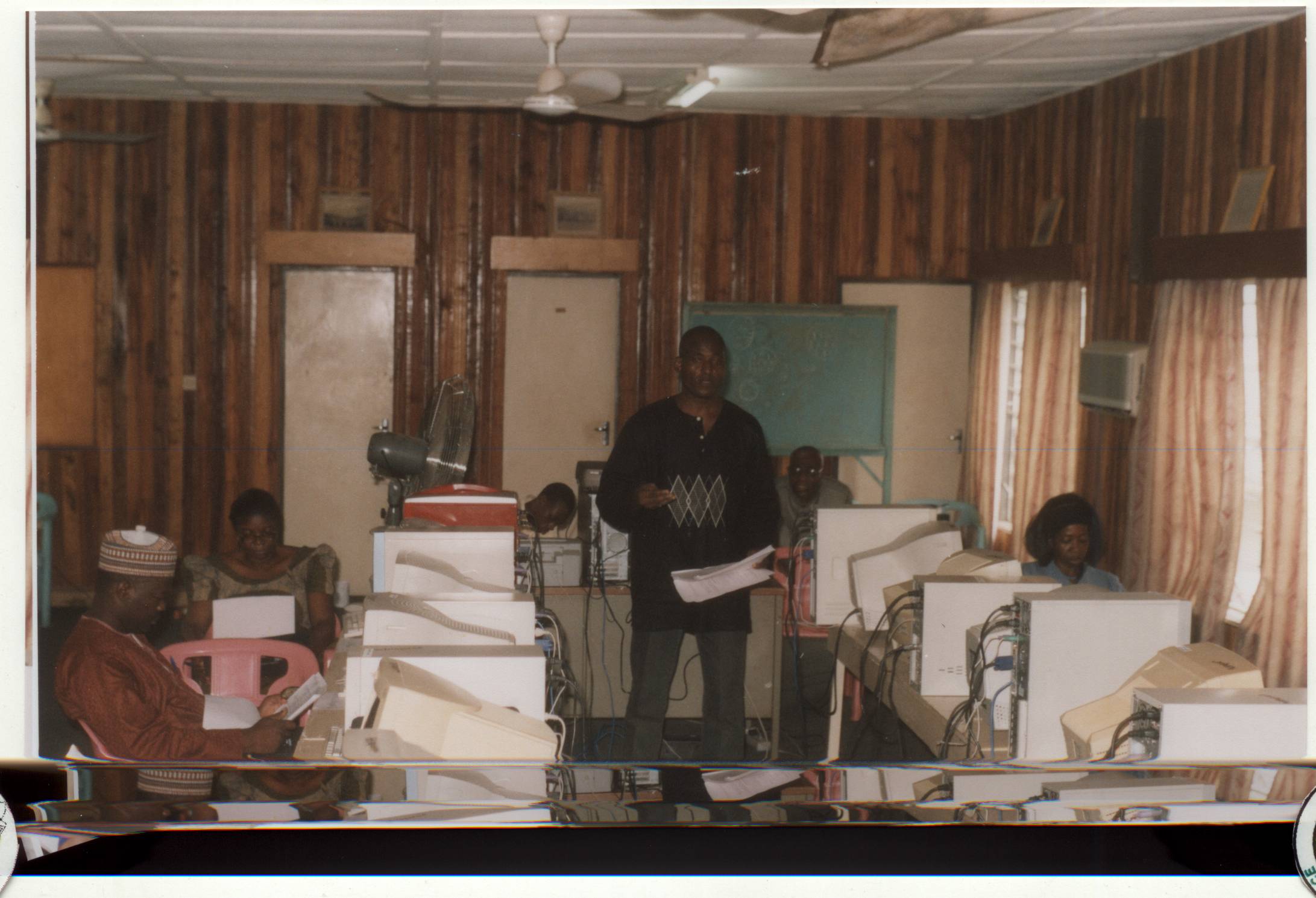
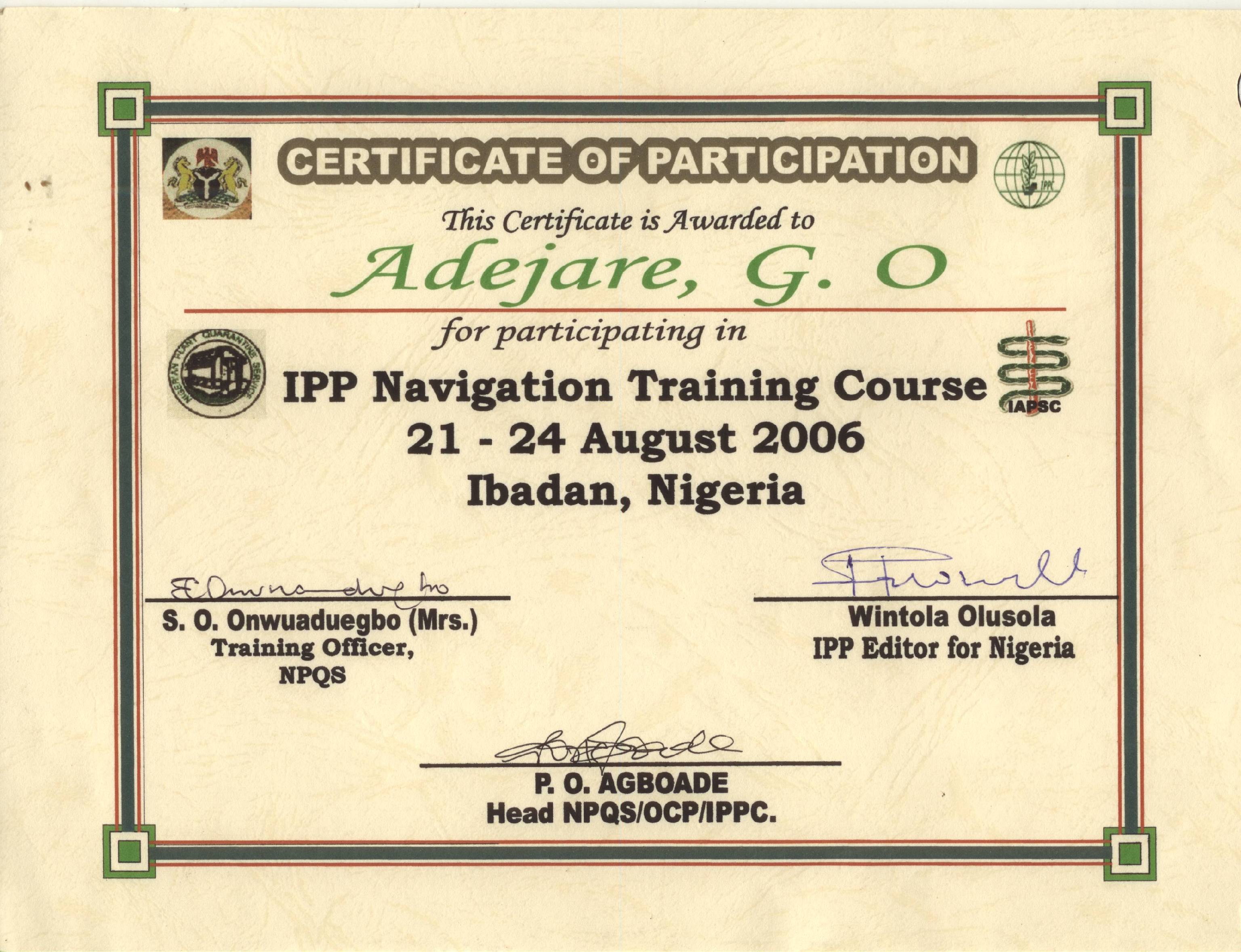
89 BILLING ACCOUNTS RECEIVABLE NAVIGATION OVERVIEW IN MANY
91 ACCOUNTS RECEIVABLE NAVIGATION ACCOUNTS RECEIVABLE OVERVIEW THESE ARE
A CTIVITY CSS NAVIGATION 5 CREATING A HORIZONTAL
Tags: exchange -, information exchange, phytosanitary, training, report, navigation, information, exchange, international
- WARSZAWA DNIA (ARMATOR) TEL WNIOSEK O
- 92 MOLECULAR MODEL SETS AND MOLECULAR MODELS MODELING SETS
- WALLY MEZA SAN MARTÍN INGENIERO COMERCIAL CALLE SAZIÉ 2368
- HANDICAP ASSESSMENT PROCESS ALL NONQUALIFYING RECORDED AND REPORTED RESULTS
- C ENTRO INTEGRADO DE FORMACIÓN PROFESIONAL DE LORCA CRITERIOS
- MELLÉKLET KÉRELEM ÚJSZÜLÖTTEK ÉLETKEZDÉSI TÁMOGATÁSÁRA 1 A KÉRELMEZŐ (TÖRVÉNYES
- PRAVNI I DRUGI IZVORI ZA PRIPREMU ZA TESTIRANJE PRAVNI
- EC EXPEDIENT XC13978 EDICTE EN COMPLIMENT DEL QUE DISPOSA
- STUDENT WITHDRAWAL INFORMATION NAME YEAR WVU ID
- BÁTAAPÁTI KÖZSÉG ÖNKORMÁNYZATA KÉPVISELŐTESTÜLETE BÁTAAPÁTI PETŐFI U 4 ÜGYIRATSZÁM
- 12 CONSULTA NO 11001030600020080003500 RADICADO INTERNO NO 1900 CONSEJO
- HLASOVÉ SLUŽBY POSKYTOVANÉ PROSTŘEDNICTVÍM IP PROTOKOLU (VOIP) ZPRACOVAL
- FECAL COLIFORM (MEMBRANE FILTER) COLONY VERIFICATION TECHNICAL ASSISTANCE WITH
- STATE BOARD OF EDUCATION ADMINISTRATIVE CODE COMMENTRESPONSE FORM THIS
- LEVANGER KOMMUNE – ADMINISTRASJONSUTVALGET 080212 SAKLISTE LEVANGER KOMMUNE
- OBWIESZCZENIE WÓJTA GMINY ZAKRZEWO Z DNIA 16 PAŹDZIERNIKA 2014
- SELECT A COUNTRY TO SEARCH AMERICAN BALLET THEATRE (BROADWAY
- CORE PRACTICE STEPHEN BIKO AND BLACK CONSCIOUSNESS WORLD HISTORY
- CAPÍTULO VI SALTOS DE ENTRENAMIENTO DE SALTO COMANDADO MILITAR
- LISA 3 HANKELEPINGU PROJEKT JÕHVI VALLAVALITSUSE 12032019 KORRALDUSE
- OBČINSKEMU SVETU OBČINE KRIŽEVCI ZADEVA ODLOK O PORABI SREDSTEV
- GANADORES DE LAS FASES LOCALES DEL CONCURSO INCUBADORA DE
- FOR OFFICIAL USE ONLY STATEMENT OF ACTIVE MEMBERS DESIGNATED
- WWWJUSTICEGOVUK OUR REFERENCE FOI 82728 JUNE 2013 FREEDOM OF
- HELLENIC ACCREDITATION SYSTEM ANNEX G11 TO THE CERTIFICATE NO
- NOTICE THERE WILL BE A REGULAR MEETING OF THE
- 15 OBSERVACIONES PREGUNTAS Y RECOMENDACIONES DE LA DELEGACION DOMINICANA
- RUSSIAN RIVER ROTARY CLUB COMMUNITY GRANTS PROGRAM APPLICATIONS ACCEPTED
- GRADIVO DRUŠTVA ZA ZAŠČITO ŽIVALI LJUBLJANA TUDI ŽIVALI SI
- AKADEMSKO DRUŠTVO CONSORTIUM IURISPERITUS PRAVNIK LABACENSIS JAVNA IZJAVA AKADEMSKEGA
PRESENTING YOUR TEACHING EXPERIENCE SERIES BEGINNING A TEACHING PORTFOLIO
CHAPTER 470 HOTELS AID (1988) ACT • ACT •
GIDA DEĞERI OLAN HAYVANLARA UYGULANMASI YASAKLANAN VE BELLI ŞARTLARA
 I NSTITUTO DE DESARROLLO RURAL PROVEEDURÍA INSTITUCIONAL SAN JOSÉ
I NSTITUTO DE DESARROLLO RURAL PROVEEDURÍA INSTITUCIONAL SAN JOSÉNIETZSCHE Y LA FILOSOFÍA INTRODUCCIÓN1 «EN EL ORIGEN DE
 DIGESTO – UCC REGLAMENTO DE LA SECRETARIA DE INVESTIGACIÓN
DIGESTO – UCC REGLAMENTO DE LA SECRETARIA DE INVESTIGACIÓNALLEGATO 6B – PROCEDURA COORDINATA VIA – VAS MODELLO
 Unepcbdsbstta612 Página 0 cbd Convenio Sobre la Diversidad Biológica
Unepcbdsbstta612 Página 0 cbd Convenio Sobre la Diversidad BiológicaSON BIZANS İMPARATORU XI KONSTANTIN PALEOLOGOS VE SON OSMANLI
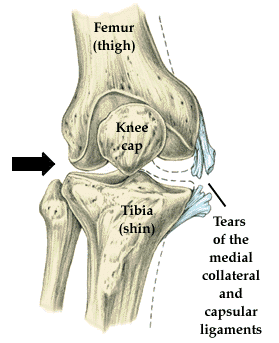 ICE HOCKEY INJURIES ICE HOCKEY IS ONE OF THE
ICE HOCKEY INJURIES ICE HOCKEY IS ONE OF THEIGOGAILUAREN LARRIALDIETARAKO GILTZA SOLAIRUTIK SARBIDEA DUEN ATE BAT IREKI
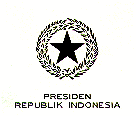 UNDANGUNDANG REPUBLIK INDONESIA NOMOR 16 TAHUN 2000 TENTANG PERUBAHAN
UNDANGUNDANG REPUBLIK INDONESIA NOMOR 16 TAHUN 2000 TENTANG PERUBAHAN EL GOBIERNO LOCAL APRUEBA LA LISTA DE ACTIVIDADES MUNICIPALES
EL GOBIERNO LOCAL APRUEBA LA LISTA DE ACTIVIDADES MUNICIPALES (COMPANY’S LETTER HEAD) APPLICATION FOR SNI MARKING PRODUCT CERTIFICATION
(COMPANY’S LETTER HEAD) APPLICATION FOR SNI MARKING PRODUCT CERTIFICATION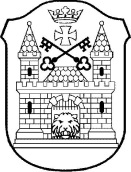 RĪGAS PĻAVNIEKU PAMATSKOLA REĢISTRĀCIJAS NR LV3612902865 JĀŅA GRESTES IELA
RĪGAS PĻAVNIEKU PAMATSKOLA REĢISTRĀCIJAS NR LV3612902865 JĀŅA GRESTES IELA ZAŁĄCZNIK NR 7 DO REGULAMINU PRZYZNAWANIA WSPARCIA FINANSOWEGO NA
ZAŁĄCZNIK NR 7 DO REGULAMINU PRZYZNAWANIA WSPARCIA FINANSOWEGO NA 7 HISTORIA DEL AVION Y LA AVIACION EL PRIMER
7 HISTORIA DEL AVION Y LA AVIACION EL PRIMERAttachment a [draft] Scar Code of Conduct for Geosciences
RETKI HOBIJI – BRAČNI PAR BUHEKER LJUDI IMAJU RAZLIČITA
CIVILIZATION SEQUENCE PROGRAM ANNUAL REPORT 200405 A SUMMARY OF